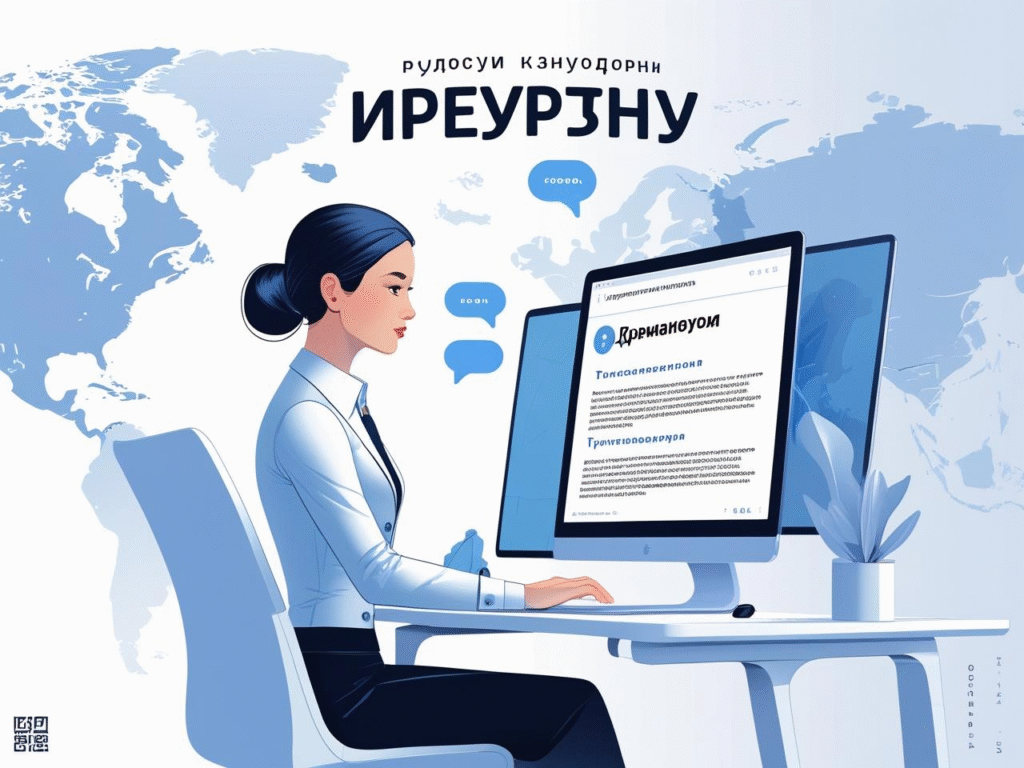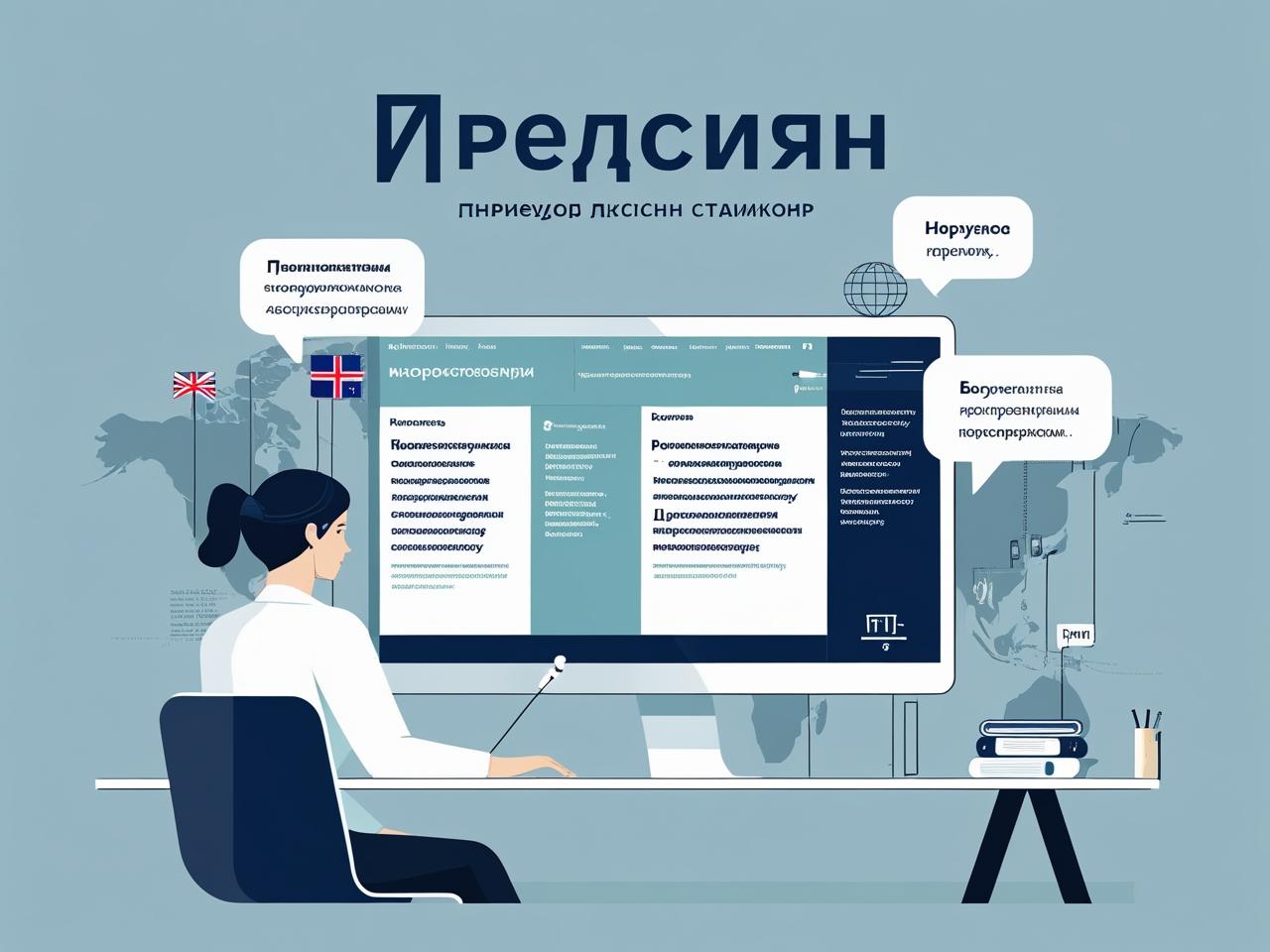In today’s interconnected world, language is no longer a barrier but a bridge. The growth of international business, digital platforms, and global communities has created an urgent need for seamless communication. At the heart of this transformation lies the преводч, a professional who ensures that meaning, context, and cultural nuances travel smoothly across borders. While technology has advanced rapidly, the role of the преводч has not diminished; instead, it has evolved, becoming more vital than ever.

The Evolving Role of the преводч
Traditionally, a преводч worked with books, legal documents, or correspondence. The focus was on accuracy and linguistic fluency. In the digital era, however, translation is no longer limited to static texts. now handle websites, mobile apps, e-learning modules, marketing campaigns, and even real-time conversations through digital platforms. This shift requires not only linguistic expertise but also cultural awareness, technical knowledge, and adaptability.
A modern преводч is not just a language expert; they are a cultural ambassador who ensures that communication feels natural to the target audience. Whether it’s a multinational corporation localizing its website or a startup entering new markets, play a central role in shaping global strategies.
Technology and the преводч
With the rise of artificial intelligence and machine learning, tools such as Google Translate and DeepL have become household names. These platforms offer quick, convenient translations that are useful for everyday use. However, when precision, creativity, and cultural sensitivity are required, human преводчs remain indispensable.
For example, marketing content often involves wordplay, idioms, or humor that machine translation cannot replicate effectively. A ensures that the intended message resonates with the audience while maintaining its original impact. Similarly, legal or medical documents demand absolute accuracy, where even a minor mistranslation could have serious consequences.
Instead of replacing, technology has become a powerful assistant. Translation memory tools, terminology databases, and AI-driven suggestions help professionals work faster and more consistently. This synergy between human expertise and digital tools has made translation services more efficient without compromising quality.
Bridging Global Business Communication
Businesses aiming to expand internationally rely heavily on преводчs. From drafting contracts to creating multilingual marketing campaigns, the ensures that a brand’s voice remains consistent across languages.
Consider an e-commerce platform entering a new market. Product descriptions, customer service interactions, and payment instructions must be clear and culturally adapted. A skilled преводч not only converts words but also adapts tone and style to meet local expectations. This increases customer trust and drives higher engagement.

In addition, many companies now focus on localization, which goes beyond translation. Localization includes adjusting images, dates, currencies, and cultural references to make the content feel native. A plays a key role in this process, ensuring that the customer’s experience feels personalized and authentic.
The преводч in Education and Knowledge Sharing
The digital era has also revolutionized access to knowledge. Online learning platforms, research journals, and global conferences often depend on преводчs to reach wider audiences. By translating scientific papers, technical manuals, and e-learning modules, make information accessible to students, researchers, and professionals worldwide.
This contribution to education highlights the social importance of преводчs. They don’t just work for businesses; they help spread knowledge, bridge cultural divides, and promote understanding among people from diverse backgrounds.
Challenges Faced by преводчs in the Digital Era
Despite the growing demand, преводчs face unique challenges in the digital age. One major issue is the misconception that free machine translation can replace professional services. While AI is useful for quick translations, it cannot match the accuracy and creativity of human work. The must constantly demonstrate their value by emphasizing quality and cultural sensitivity.
Another challenge is the need to specialize. Fields such as law, medicine, and technology require specific knowledge. A преводч working on a medical report, for instance, must understand terminology that even native speakers may not use in daily life. This demand for specialization has led преводчs to continuously invest in education and professional development.
Moreover, the rise of remote work means преводчs often work with clients across different time zones and cultures. Managing deadlines, understanding client expectations, and keeping up with rapid technological changes can be demanding.
The Future of the преводч
Looking ahead, the role of преводчs will continue to expand. As globalization deepens and more content is produced in digital form, the demand for skilled will only increase. The integration of AI will likely make translation faster, but it will never replace the human touch required for cultural nuance, empathy, and creativity.

In fact, the future may see a rise in transcreation—a blend of translation and creative adaptation. This approach focuses on capturing the emotional essence of content rather than translating word-for-word. It is especially crucial in advertising, storytelling, and branding, where feelings matter as much as facts.
Conclusion
In the digital age, the преводч is more than just a language expert. They are a connector, a cultural bridge, and a vital partner in global communication. By combining linguistic skills with cultural knowledge and digital tools, How make the world smaller, more inclusive, and more collaborative.
As businesses, educators, and individuals seek to connect across borders, the will remain at the heart of global interaction. Technology may change the tools of the trade, but the human ability to understand, adapt, and empathize ensures that will always be essential in bridging communication across the world.





